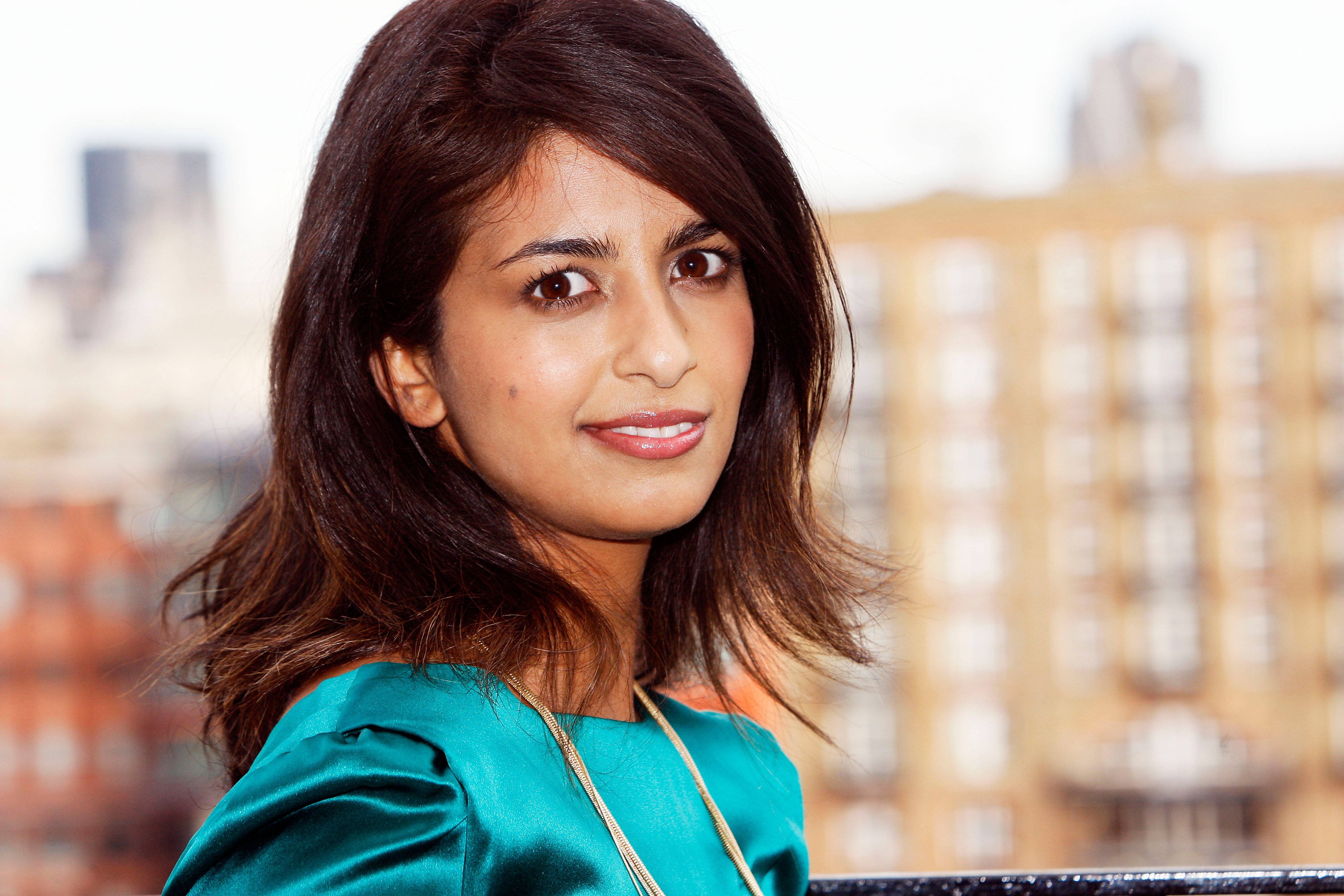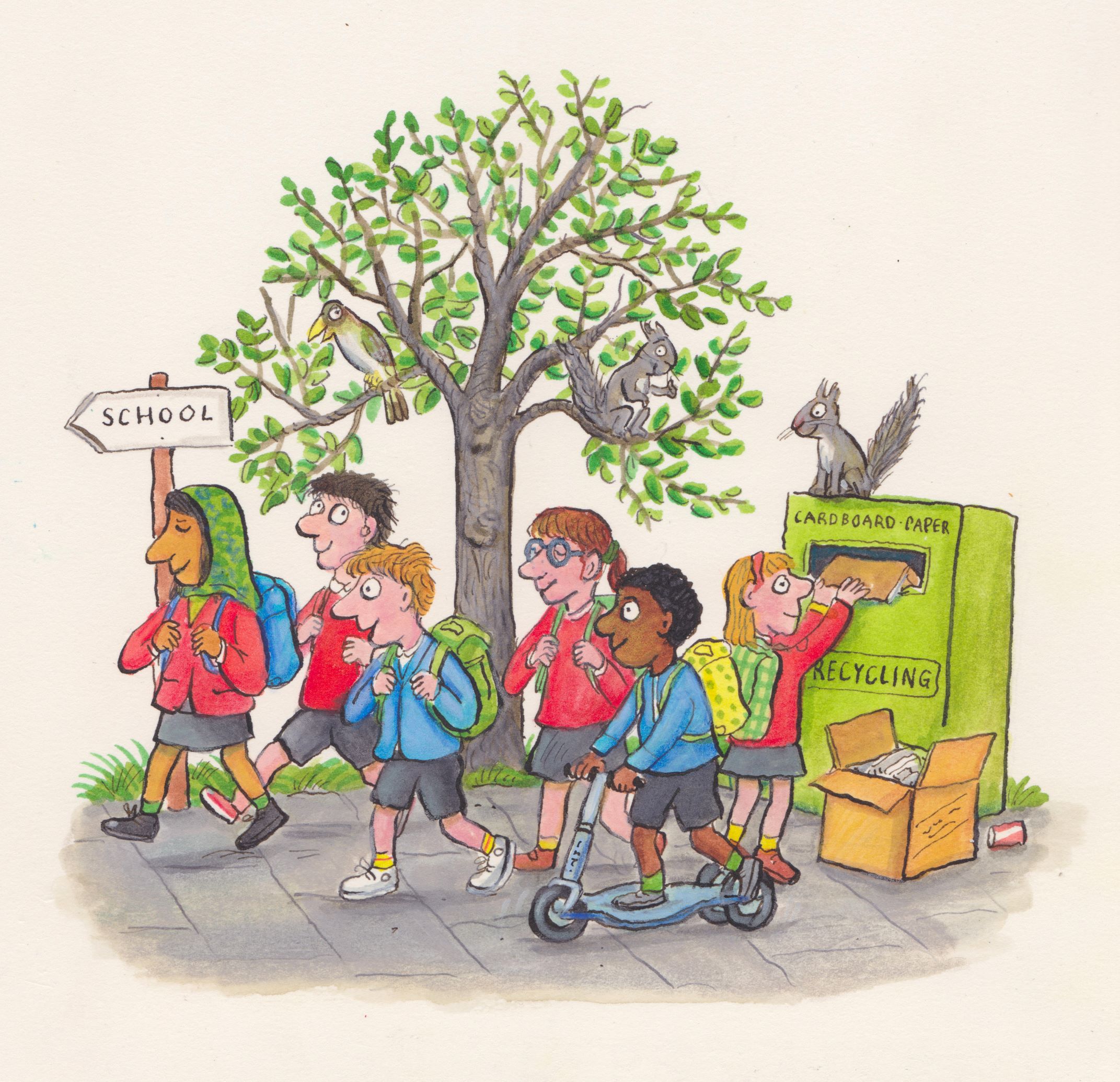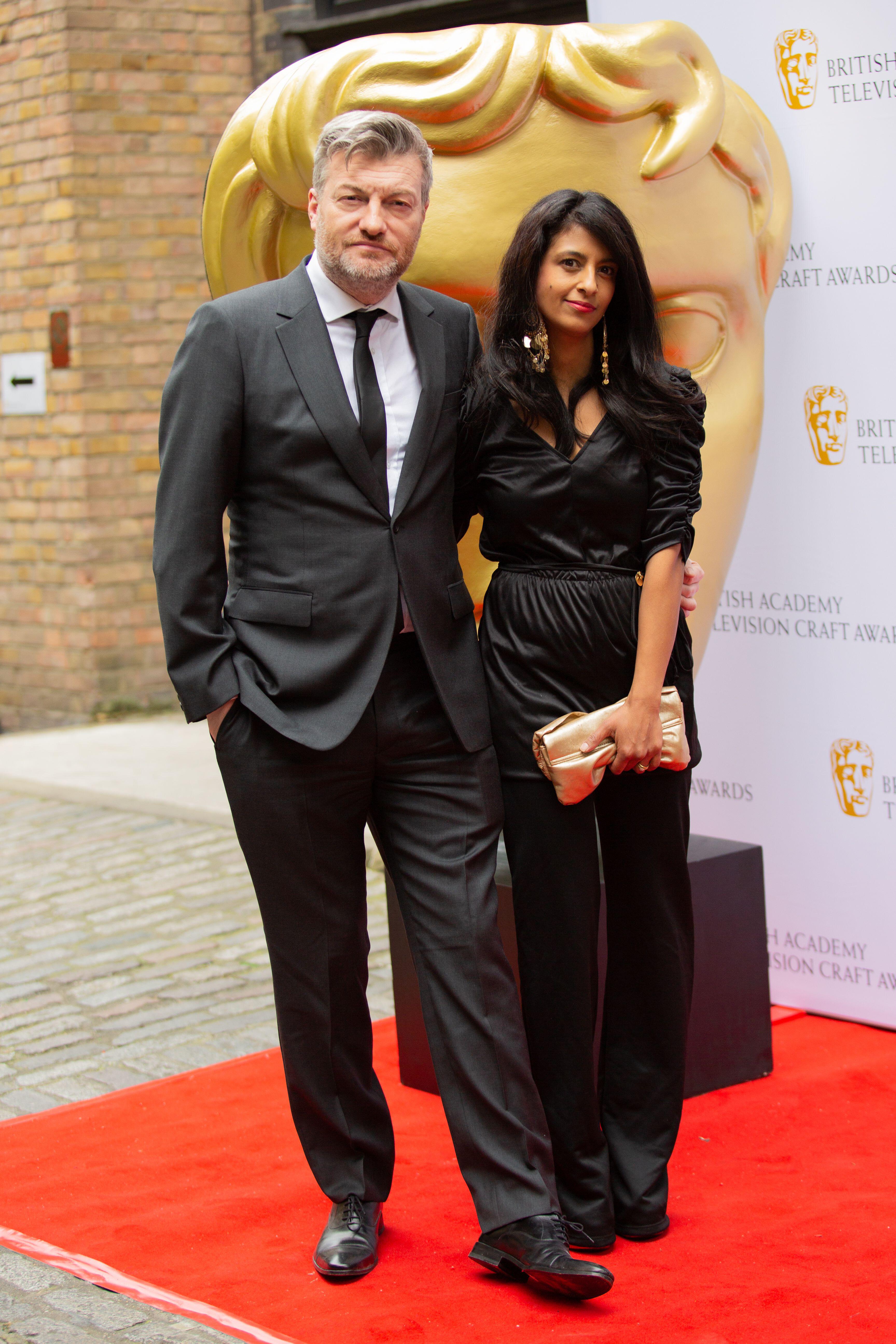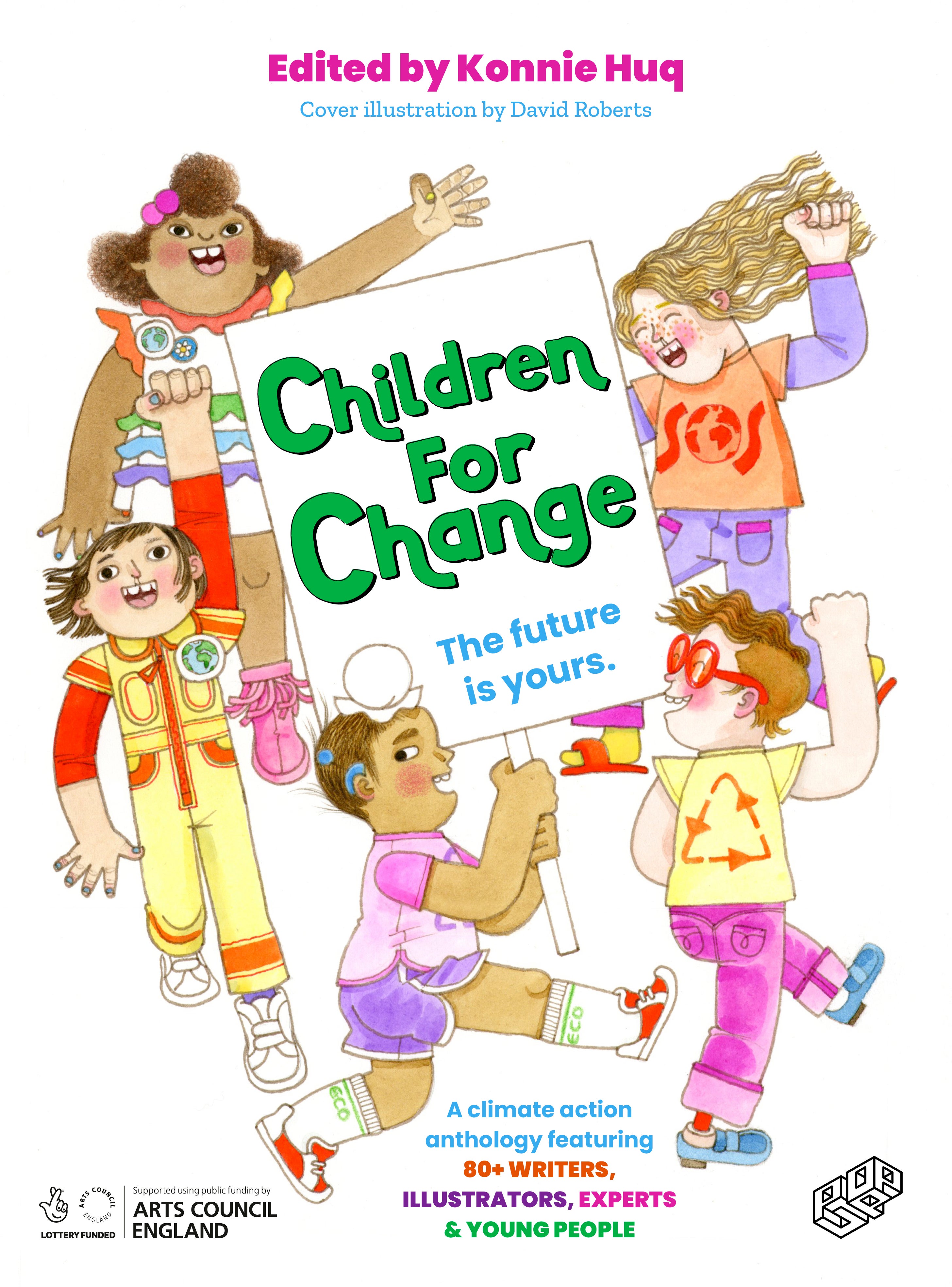Konnie Huq hasn’t bought new clothes for 20 years
And she wants you to follow suit

Your support helps us to tell the story
From reproductive rights to climate change to Big Tech, The Independent is on the ground when the story is developing. Whether it's investigating the financials of Elon Musk's pro-Trump PAC or producing our latest documentary, 'The A Word', which shines a light on the American women fighting for reproductive rights, we know how important it is to parse out the facts from the messaging.
At such a critical moment in US history, we need reporters on the ground. Your donation allows us to keep sending journalists to speak to both sides of the story.
The Independent is trusted by Americans across the entire political spectrum. And unlike many other quality news outlets, we choose not to lock Americans out of our reporting and analysis with paywalls. We believe quality journalism should be available to everyone, paid for by those who can afford it.
Your support makes all the difference.Children’s presenter Konnie Huq hasn’t bought any new clothes for 20 years. And she’d like nothing better than everyone else to follow suit.
But her avoidance of fast fashion isn’t because she doesn’t care about her appearance, it’s because she cares about the planet, and doesn’t want what she wears to negatively affect it, as 85% of textiles end up in rubbish dumps, and 10% of the world’s greenhouse gases come from those dumps (UNECE).
“I am essentially a bit anti-consumerist, so I don’t buy things,” declares Huq, author of the Cookie! children’s book series, and the longest-serving female Blue Peter presenter.
She buys food, of course, and items that might need replacing such as leaking wellies, but stresses: “I haven’t bought clothes in, say, the last 20 years – all those years I did on Blue Peter, you get clothes for the job anyway.
“The older I get, the more comfy I feel in my own skin. So now, I’d rather be really unfashionable, but know people like me for me, rather than the clothes I wear. I’m much happier opting out.
“Most of the stuff in our house is furniture that’s come from my mum’s house, a bit of a set they were chucking away, and so on. My kids will be in hand-me-downs often – I don’t really do shopping as such.”
And the mum-of-two’s eco-friendly stance is one she wants to share with the future generation, so she’s teamed up with around 80 other children’s book authors, illustrators, environmentalists, campaigners and experts to produce the new e-book Children For Change, to inspire kids through its collection of stories, poems, illustrations and advice to take action against climate change.

The free anthology, which was edited by Huq, contains everything from love letters to Planet Earth and passionate appeals on behalf of endangered species, to stories and illustrations inspiring day-to-day action on energy consumption and features on fast fashion, sustainability and rewilding.
“It’s all to do with saving the planet and empowering children to feel positive and hopeful about climate change and what we can do to solve it,” explains Huq. “It’s so important to get kids with the right values and mindset. So it’s less about lecturing them, and it’s more empowering them and giving them the right beliefs, thoughts and morals.”
Huq, 49, who’s married to the writer and TV presenter Charlie Brooker, points out that if something strikes you when you’re young, you’ll often take that through life, and continues: “So if you’re going to use a bag for life, or take a bag with you when you go shopping, that will be an ingrained thing. And similarly, if you’re always going to look for a more carbon positive way of doing things, maybe walking on journeys, eating more responsibly, locally-sourced products, or less meat or whatever it is, the younger you’re conditioned or exposed to doing that, the longer that stays with you.
“And in most cases, that’s something you take with you for life, a subtle behavioural change, a shift that’s needed in society. And young people, they are the future.”
Ultimately, Huq says the message behind the book is to not be wasteful. “Even if we didn’t have climate chaos, even if there wasn’t this dying environment, it’s really good anyway to not be wasteful. That’s what it’s all about – not being wasteful, greedy, too frivolous or extravagant, because the minute you think your happiness comes through external validation, then that’s when it’s like a drug you’re chasing – so you get your happiness through buying trendy clothes or having the bigger house, all these very superficial factors.”

Huq says her sons Covey, 12, and Huxley, 10, aren’t particularly into fashion yet – although she admits it “destroyed my soul a bit” when one of the boys needed new trainers and her husband bought him branded ones.
“At the moment, touch wood, they’re not too bad,” she says, “but I’m just waiting for those hormones to kick in at puberty and it could be very different. Obviously I can’t enforce my stuff on other people, so whereas I don’t buy things, I can’t say that my husband is the same. So it’s something I have to tread carefully with.
“I do like to practise what I preach, but it’s not always perfect, unfortunately.”
She explains that her parents came from Bangladesh, and her mum always wanted her and her sisters to finish everything on their plates at mealtimes. “It’s the mentality of put less on your plate, eat it all and then take more, just don’t put loads on your plate and then scrape half of it off in the bin,” she says, “because that could be a meal where I come from.
“It’s that sort of living responsibility which fits in so nicely with climate change, because people shouldn’t be wasteful – it doesn’t breed nice people. We want a society of people that are caring, where their happiness comes from other people being happy, not just pleasing themselves.”
She adds: “If you could just be happy with what you have rather than what you don’t have, then you’re winning, aren’t you?”
It’s a message echoed throughout the book by many famous names, including chef Jamie Oliver, environmentalist Chris Packham, and broadcaster and fashion guru Mary Portas. Portas bemoans fast fashion and the harm it’s doing to the planet in the book, and says: “Things are changing. People started to realise that buying so much wasn’t making us happy, and that our planet is getting sick.
“Now, buying clothes from charity, second hand, and vintage shops or swapping with your friends or mixing old and new is the coolest thing to do.
“And the best bit is that it’s better for all of us. The planet will be happier. And people will be happier, too.”

And Packham stresses: “I want, need and think that you deserve a healthy and happy future on our beautiful little planet earth.
“All you have to do is speak up and speak out. Sometimes you can whisper and people will listen, sometimes you might have to shout, even scream. Keep using your voice to get what you want and need and think is right. And of course if you shout, and your friends shout or your class or whole school shouts, then that’s a loud voice that people cannot ignore.”
Schools can apply for a free Children for Change book at pop-up.org.uk/childrenforchange . Available now.